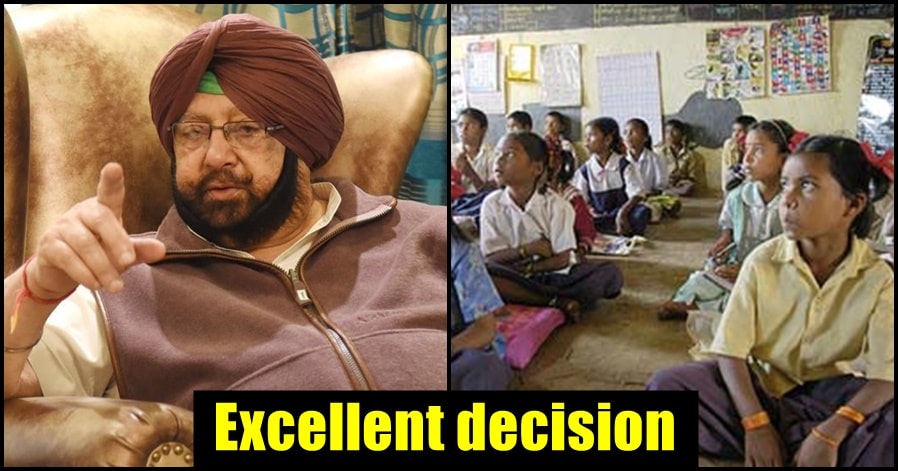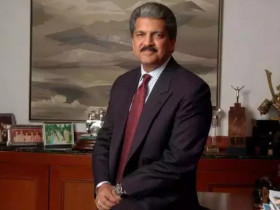No products in the cart.
Hyderabad: Not a single Muslim amongst organ donors, no contribution
A serious issue has come up in the field of health and social services in Telangana. Records show that people from the Muslim community in the state are lagging in donating organs. This situation is concerning not only from a healthcare perspective but also requires consideration of social and cultural factors. Jeevandan Sanstha has achieved a remarkable milestone by facilitating organ transplants from 241 brain-dead patients, thereby offering the gift of life to 1,000 recipients.
According to the records, since the opening of the organization in 2013, organs like kidneys and livers have been donated to 39 patients from the Muslim community, while when it comes to organ donors from the Muslim community, there is not a single representative of them. According to the records from 2013 to 2016, 241 brain-dead patients have donated more than 1000 organs and tissues to Jeevandan Sanstha but not a single donor among them is a Muslim.
Apollo Hospitals transplant coordinator Ishwar mentioned that while Muslims often have religious objections to organ donation, there is hope as some are challenging these beliefs. Dr. D Swarnalata of Jeevandan Sanstha noted their ongoing search for a Muslim representative to advocate for organ donation has been unsuccessful despite efforts by some community members to promote it.
Jeevandan officials are encountering significant challenges in integrating Muslim community-run hospitals into their organ donation network. These hospitals are struggling to secure organ donations for their 2,489 patients in the terminal stage of various diseases.
Organ donation is an act by which a person’s body can be used to save or improve the life of a living person even after his death. Donating organs like kidneys, livers, hearts, and eyes can be life-saving for many patients. In a country like India where there is a huge waiting list for organ transplants, the importance of organ donation increases even more.








